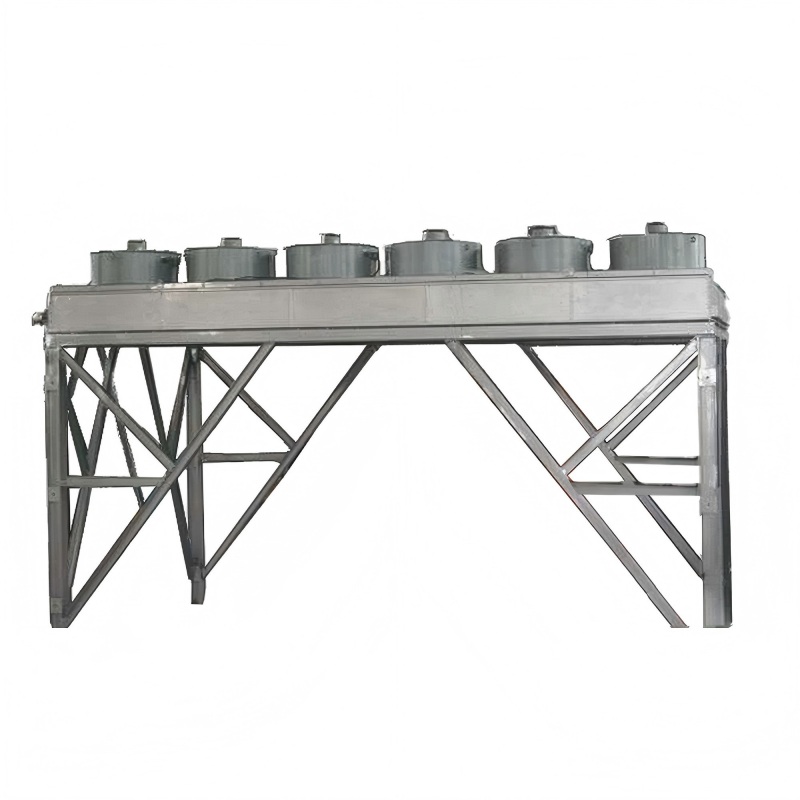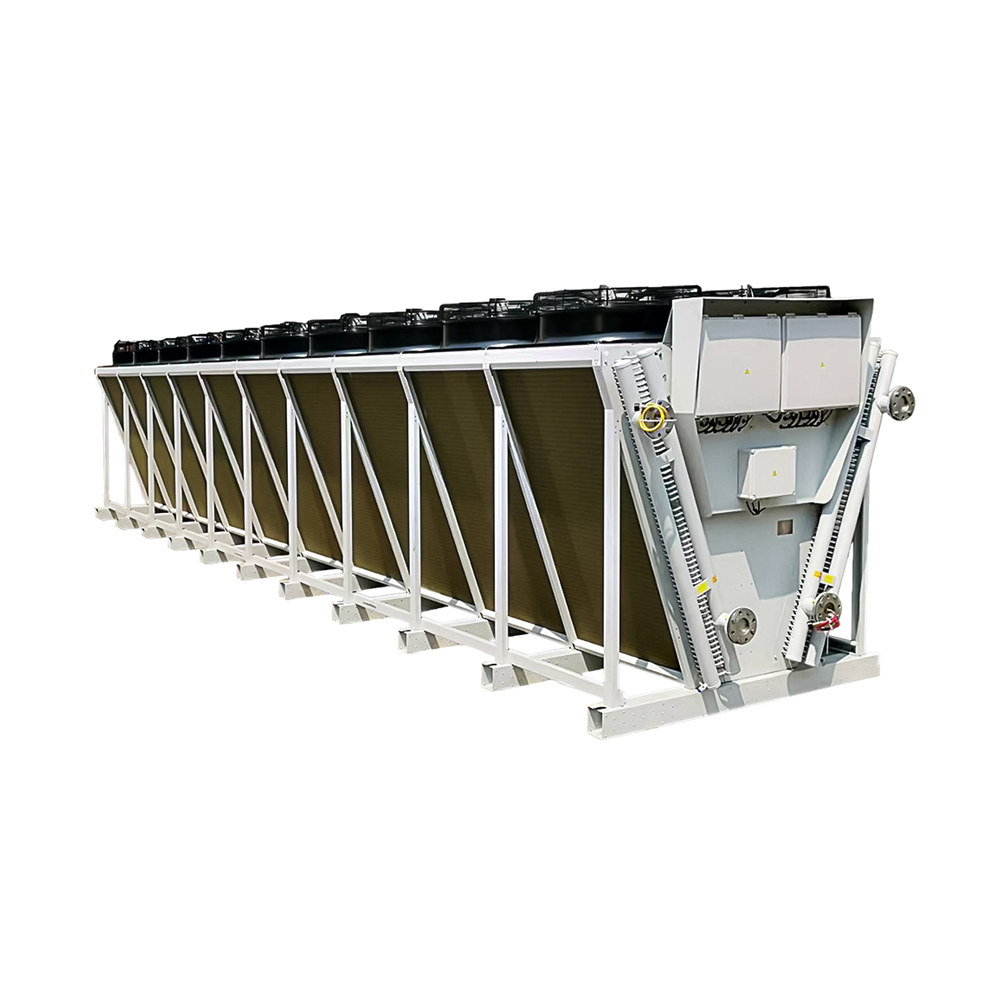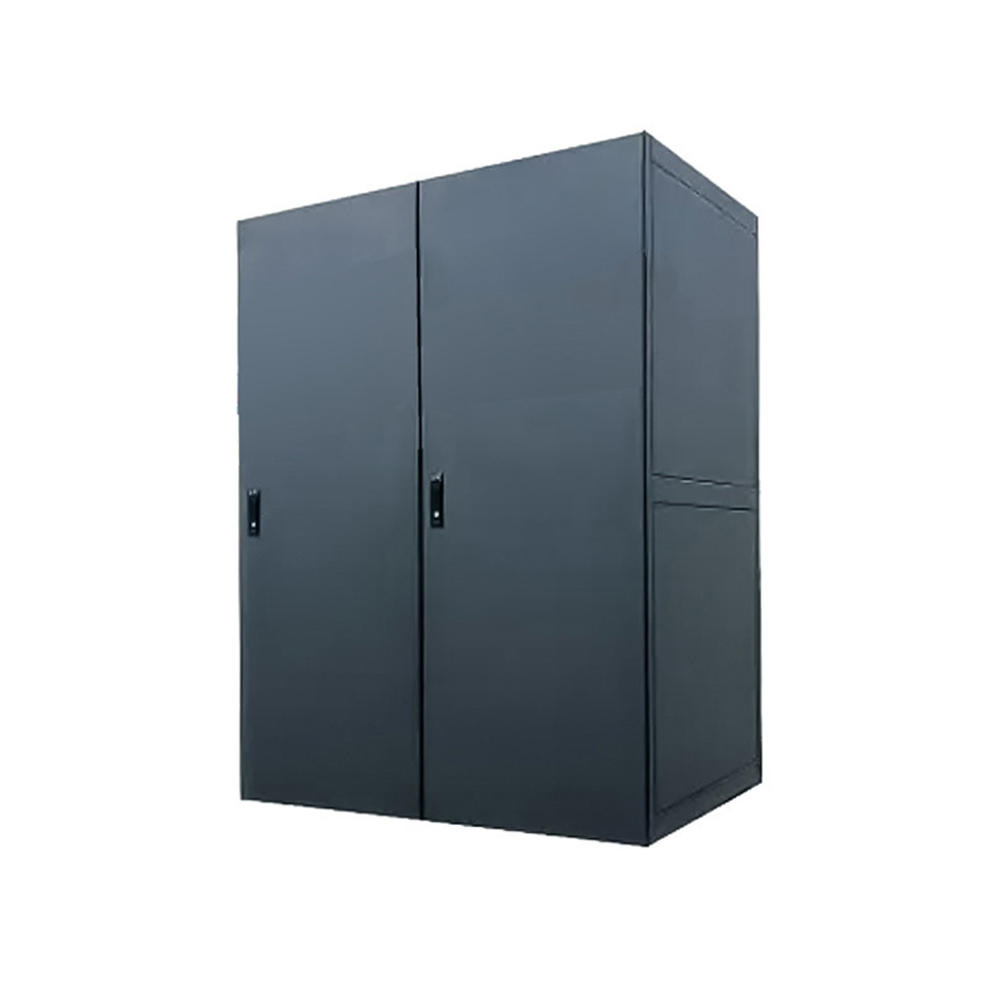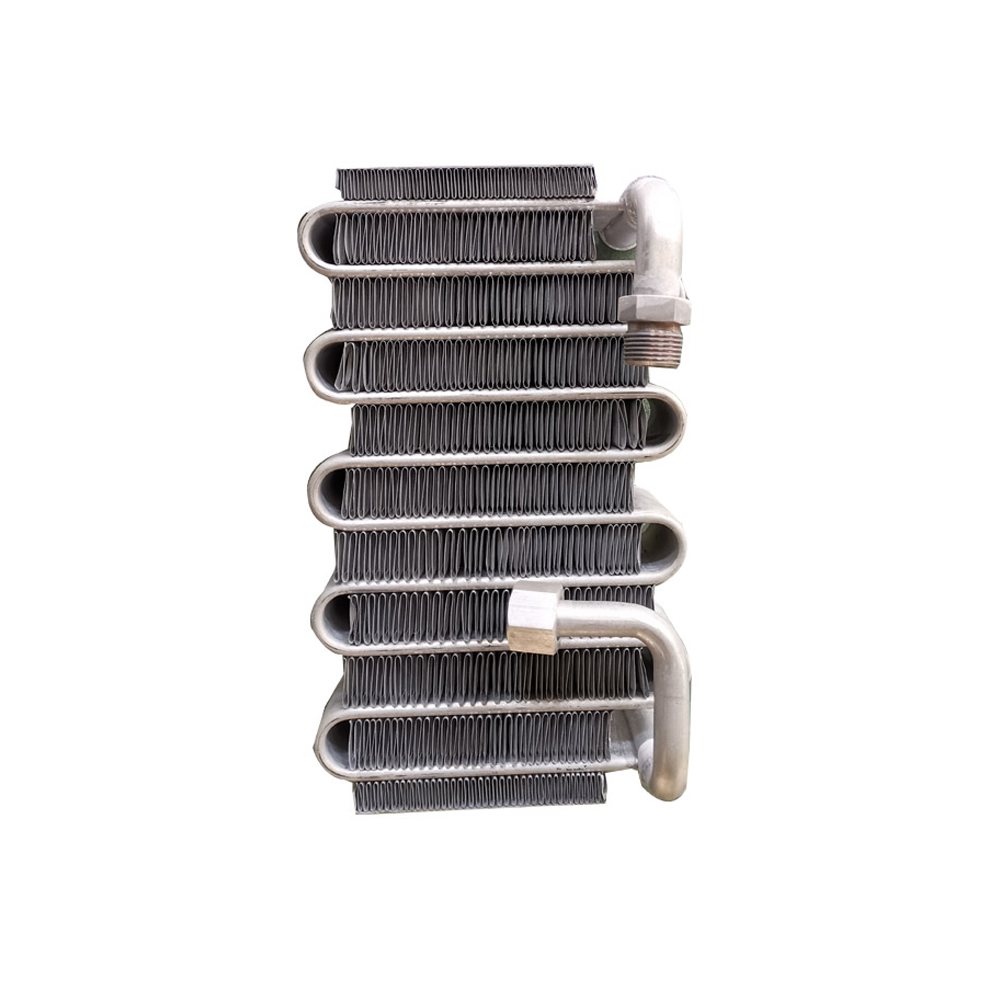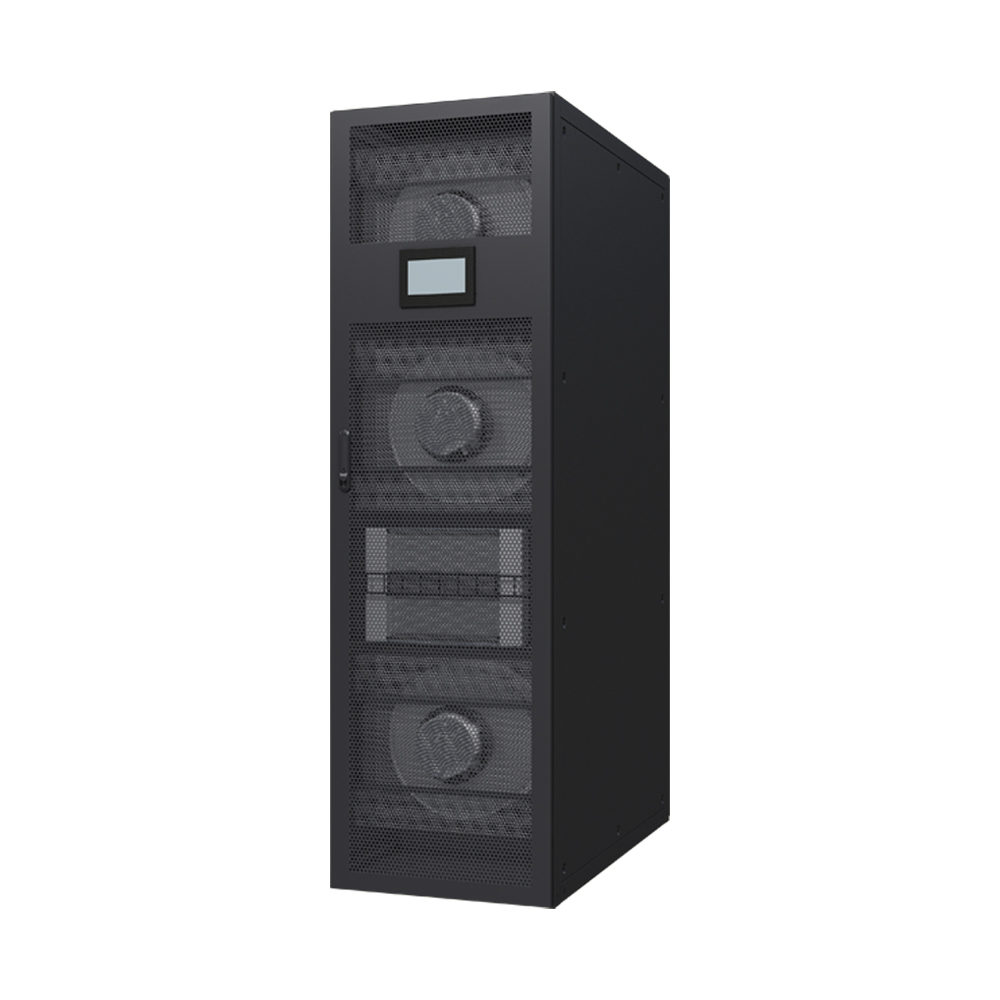This comprehensive guide explores the intricacies of hybrid cooling towers, examining their design, functionality, advantages, and applications. We delve into the key considerations for selecting and optimizing a hybrid cooling tower system for optimal performance and efficiency, covering everything from initial design to ongoing maintenance. Learn how to choose the right system for your specific needs and improve your cooling efficiency.
What is a Hybrid Cooling Tower?
A hybrid cooling tower combines the best features of both evaporative and dry cooling technologies. Unlike traditional evaporative cooling towers which rely solely on water evaporation to dissipate heat, hybrid cooling towers incorporate a supplementary dry cooling system, often using air-cooled condensers. This dual approach provides superior cooling performance across a wider range of ambient conditions, leading to greater efficiency and reduced water consumption. The exact configuration can vary, with some systems offering a variable blend of evaporative and dry cooling to optimize performance based on real-time conditions.
Advantages of Hybrid Cooling Towers
Enhanced Cooling Performance
The primary advantage of a hybrid cooling tower is its ability to maintain consistent cooling performance, even in hot and dry climates where traditional evaporative cooling towers might struggle. The dry cooling component ensures reliable cooling when evaporative cooling is less effective.
Reduced Water Consumption
By supplementing evaporative cooling with a dry system, hybrid cooling towers significantly reduce water consumption compared to purely evaporative systems. This is especially crucial in regions facing water scarcity or strict water usage regulations.
Lower Operating Costs
While the initial investment for a hybrid cooling tower may be higher, the long-term operational costs are often lower due to reduced water usage, lower energy consumption (in some applications), and potentially less frequent maintenance.
Improved Environmental Impact
The lower water consumption and potential reduction in energy usage contribute to a smaller environmental footprint compared to traditional cooling towers. This aligns with growing sustainability concerns across various industries.
Choosing the Right Hybrid Cooling Tower
Selecting the appropriate hybrid cooling tower requires careful consideration of several factors:
Capacity Requirements
The cooling capacity of the hybrid cooling tower must meet the specific needs of your application. This involves calculating the heat load and selecting a system with sufficient capacity to handle peak demands. Factors such as the type of equipment being cooled and the ambient temperature will influence this calculation.
Climate Conditions
The local climate significantly impacts the optimal design of a hybrid cooling tower. Regions with consistently hot and dry climates might benefit from a system with a larger dry cooling component, while those with moderate climates may require a different balance.
Water Availability
In areas with limited water resources, a hybrid cooling tower with a higher proportion of dry cooling is preferable to minimize water consumption. Consider the cost and availability of water in your location.
Budget and ROI
While hybrid cooling towers offer long-term cost savings, the initial investment is typically higher than for purely evaporative systems. Carefully evaluate the total cost of ownership and projected return on investment (ROI) to ensure the system aligns with your budget and financial goals.
Maintenance and Optimization
Regular maintenance is crucial for maximizing the lifespan and efficiency of your hybrid cooling tower. This includes regular inspections, cleaning of components (particularly the evaporative section), and timely replacement of worn-out parts. Consider partnering with a reputable provider such as Shanghai SHENGLIN M&E Technology Co.,Ltd for expert maintenance and service.
Case Studies and Examples
Numerous industrial and commercial applications benefit from hybrid cooling tower technology. For specific examples and detailed case studies, contact Shanghai SHENGLIN M&E Technology Co.,Ltd for tailored solutions and expert advice.
Conclusion
Hybrid cooling towers offer a superior solution for efficient and sustainable cooling in a variety of applications. By understanding the key factors involved in selection, optimization, and maintenance, you can ensure your system provides optimal performance and long-term value. Remember to consult with industry experts to determine the best system for your specific needs.









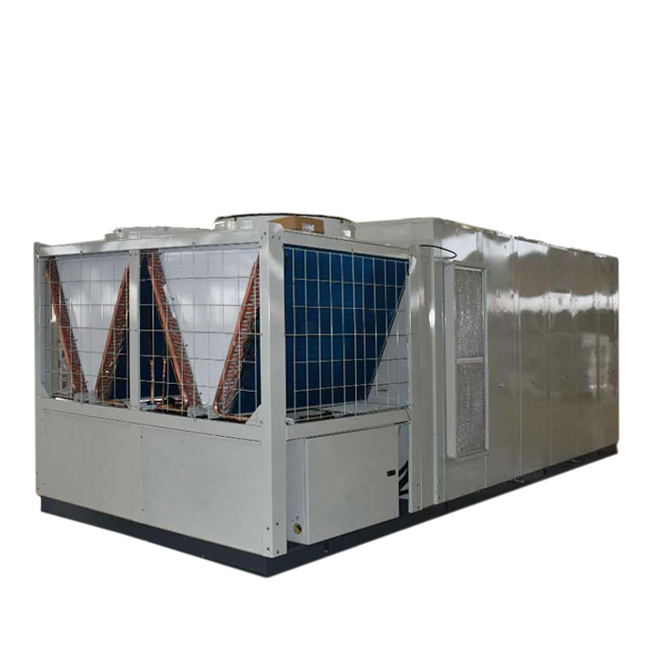
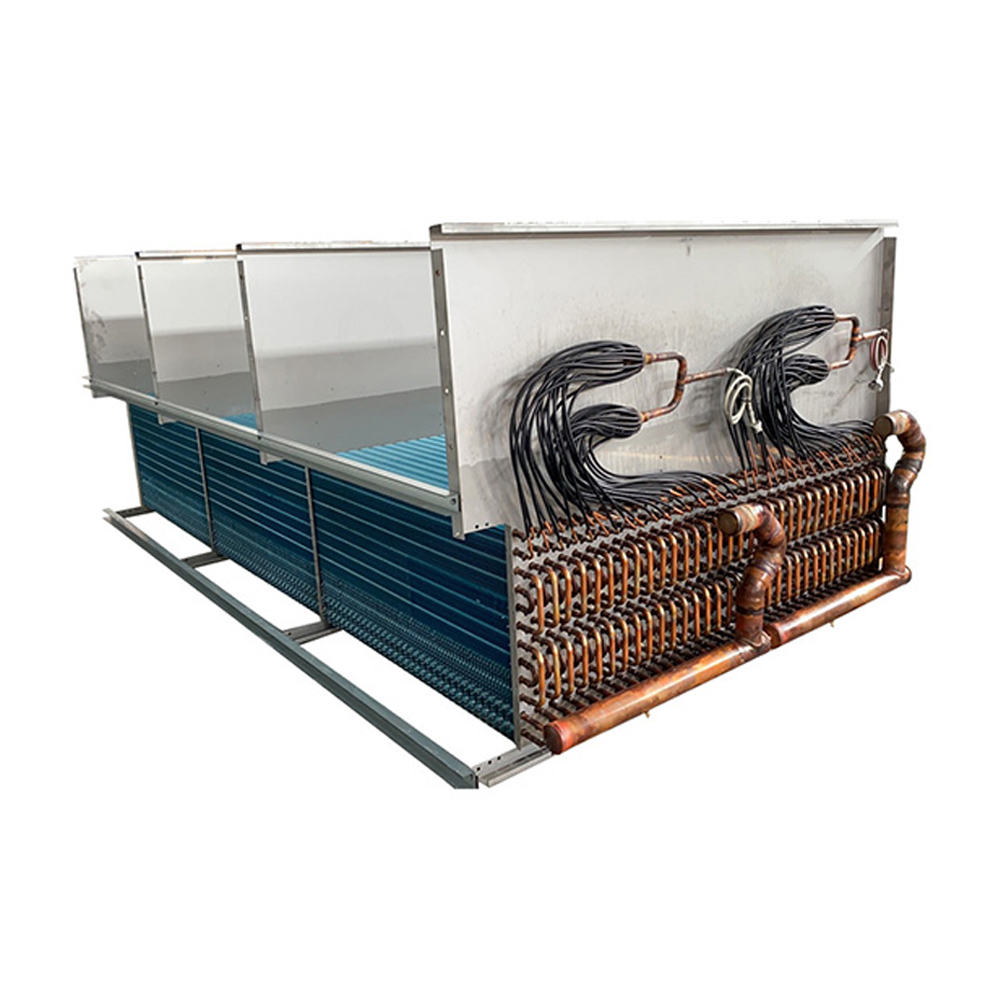
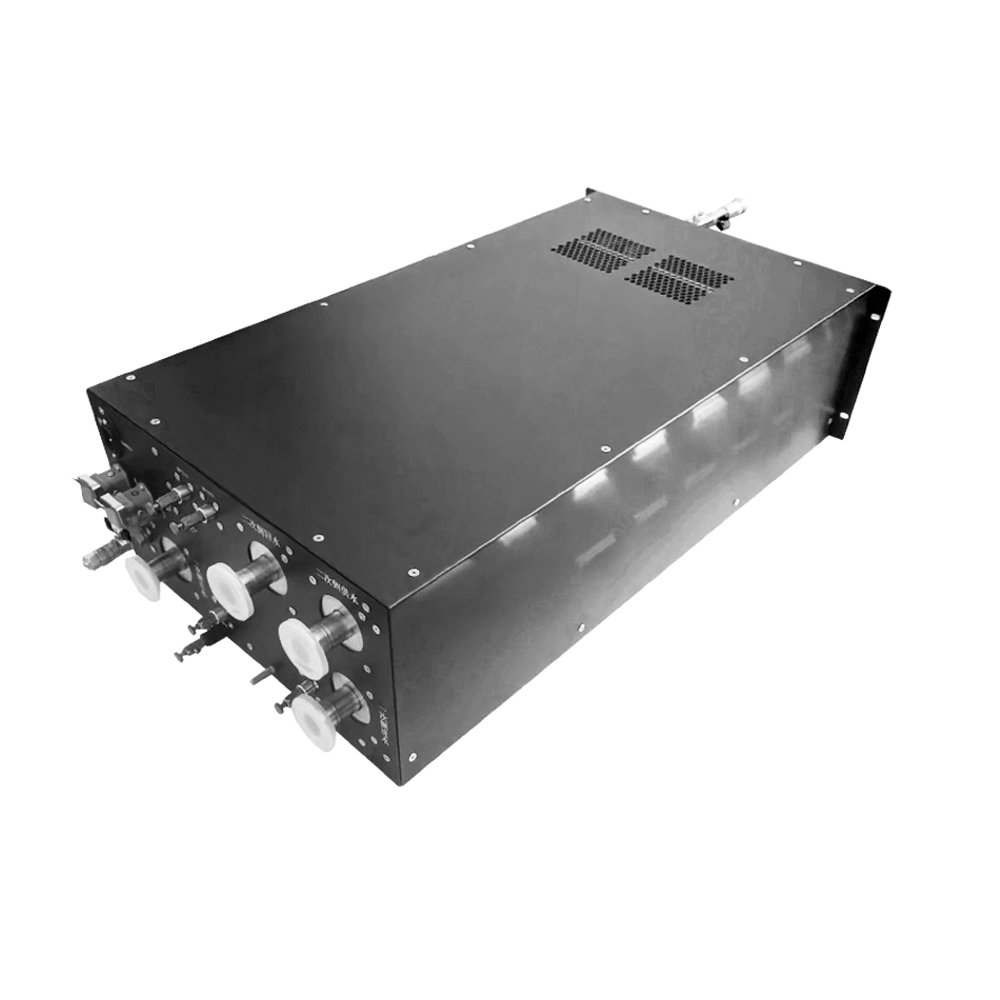
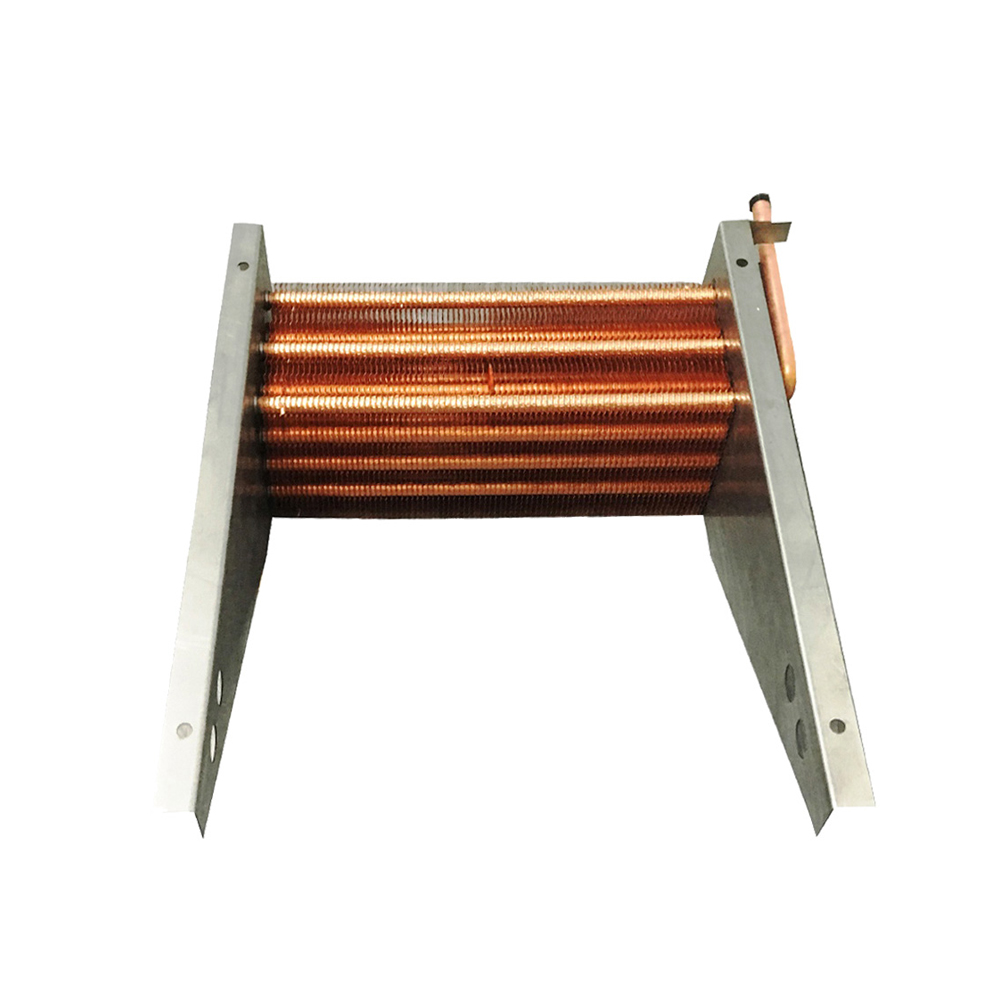
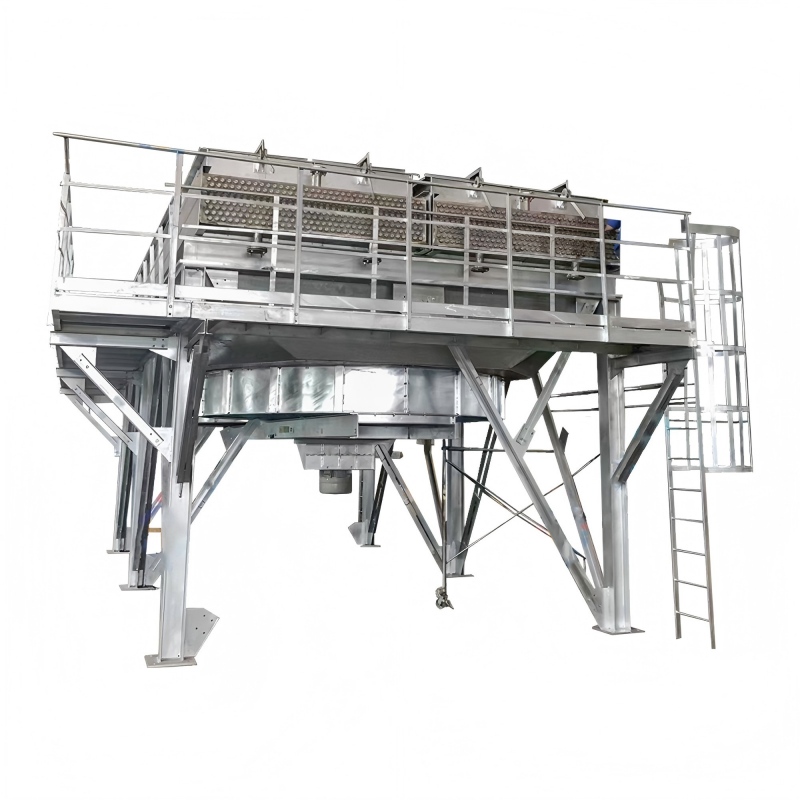
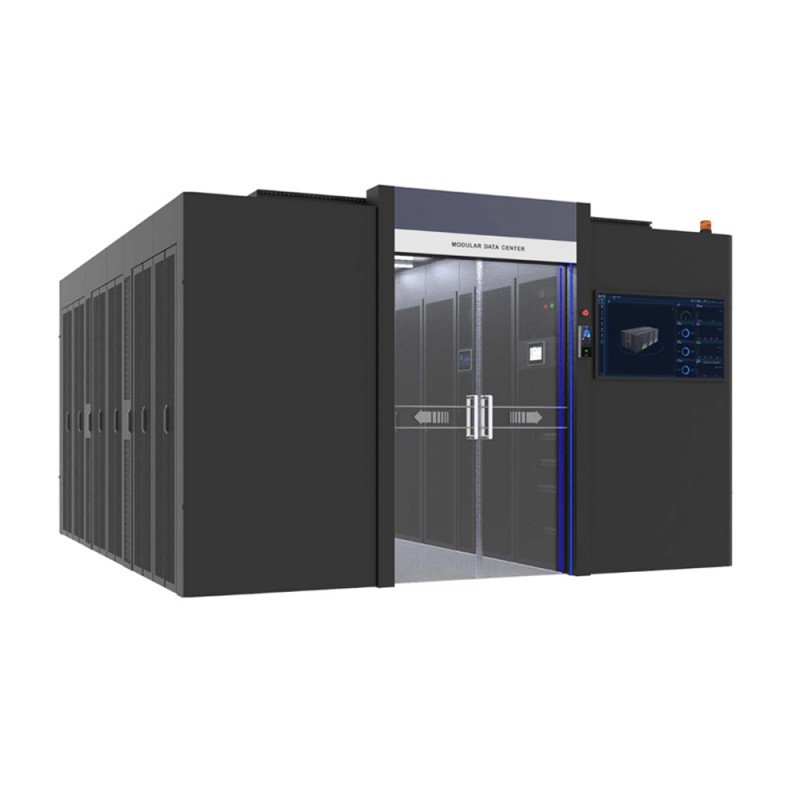
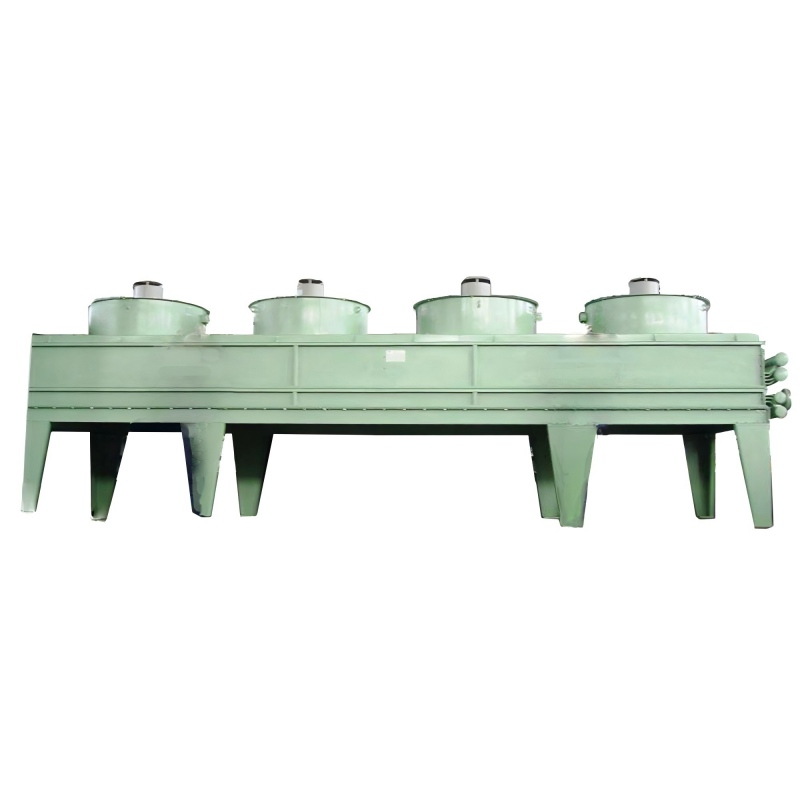
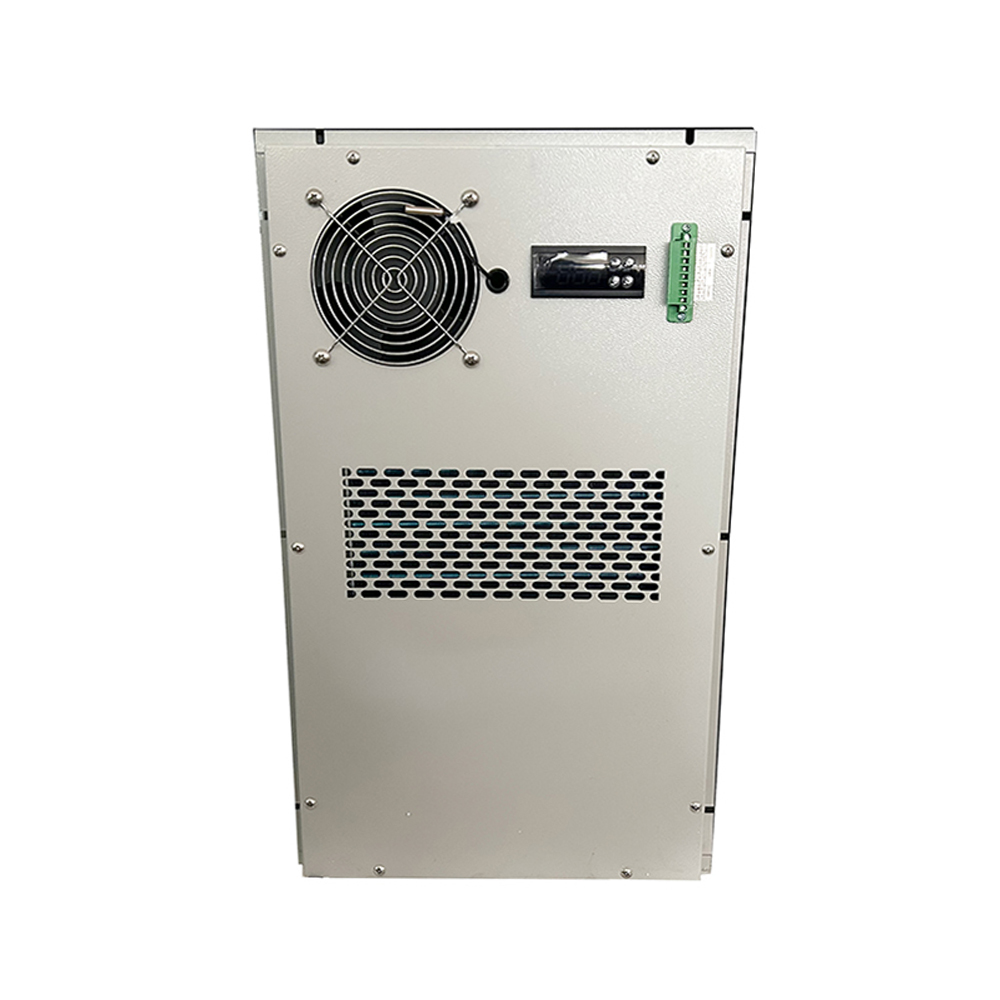

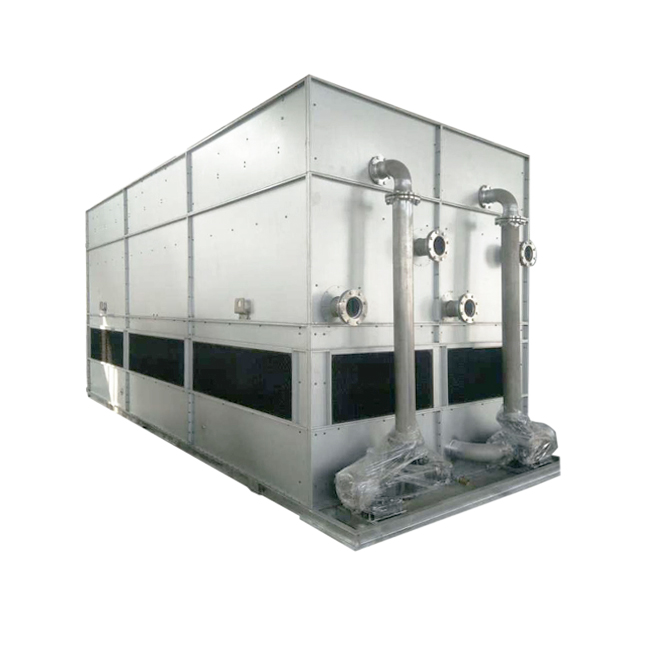
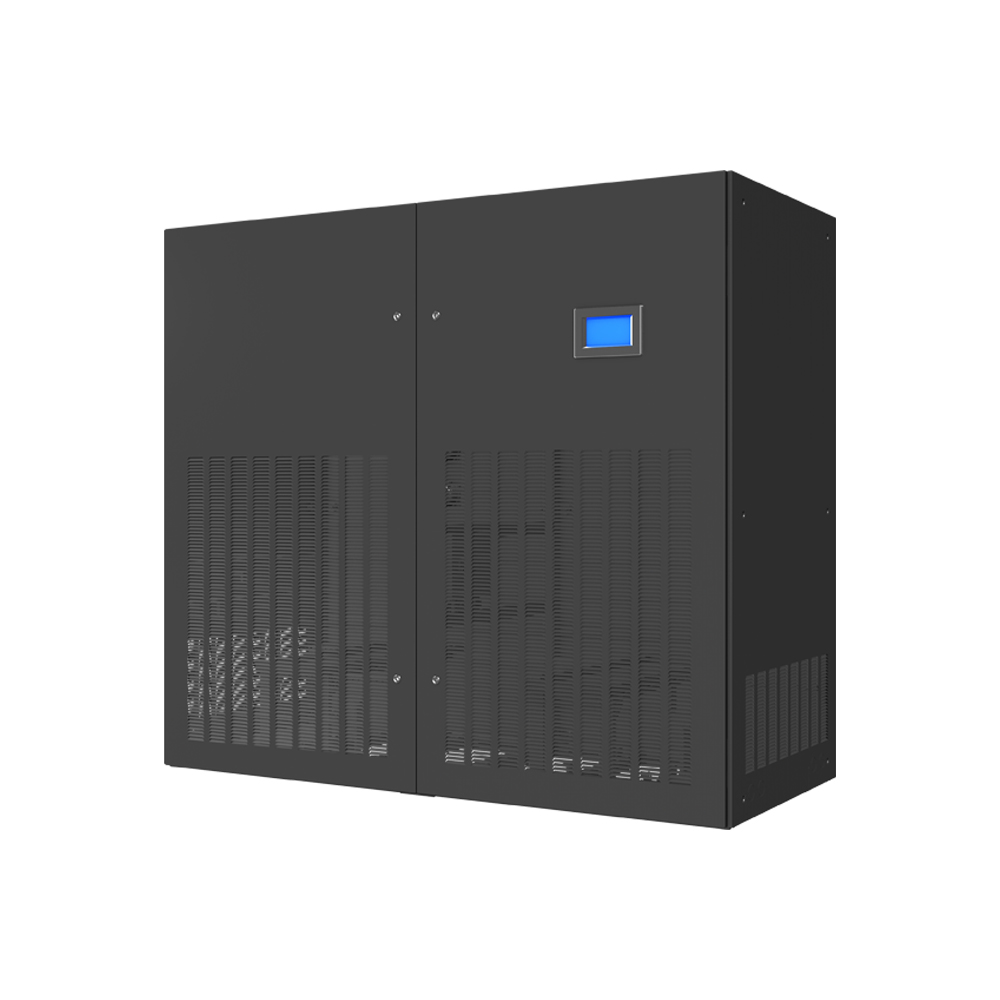
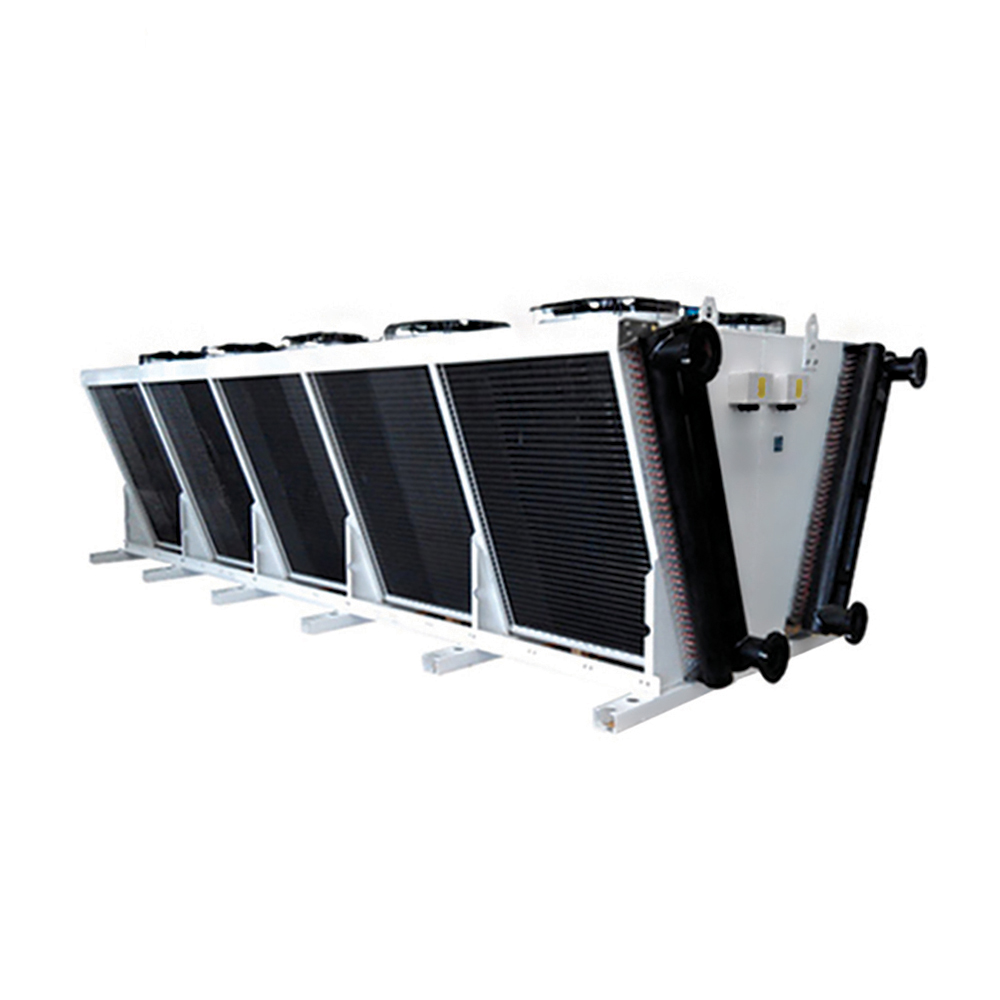
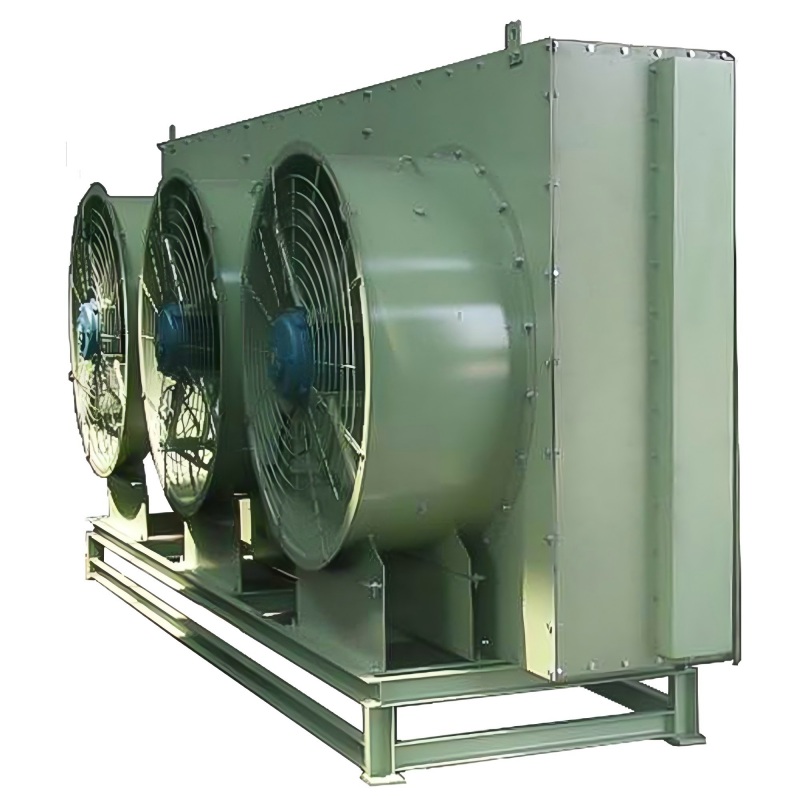
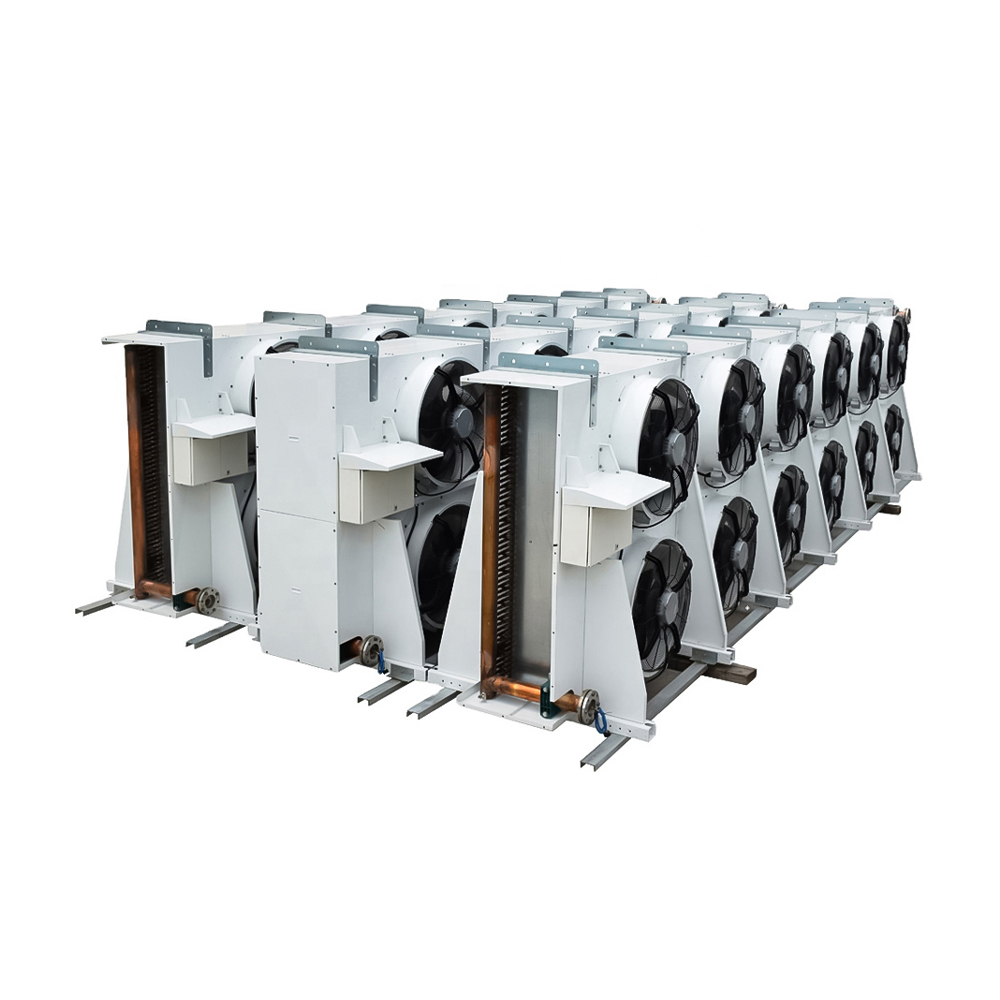
.jpg)
